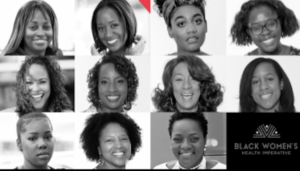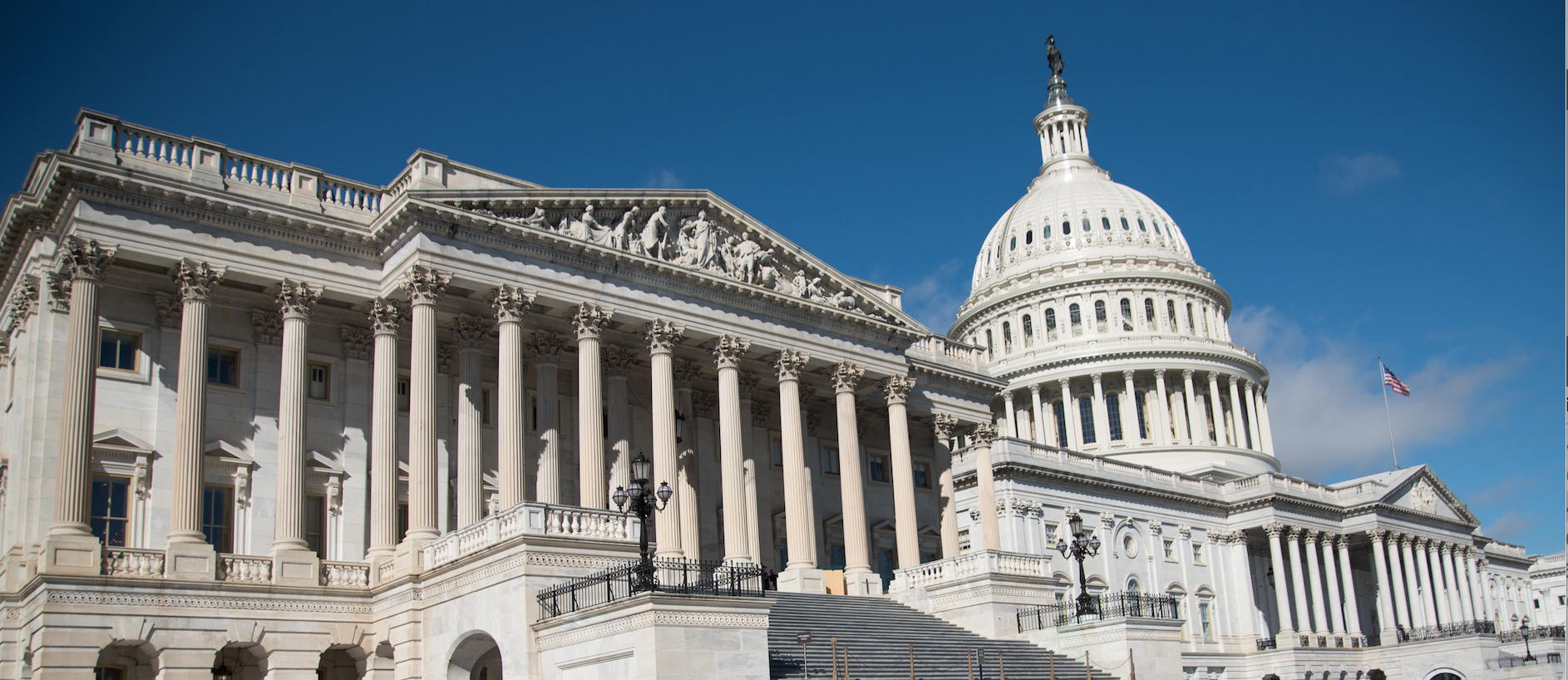Overview
The health crisis faced by Black women and girls has spiraled in the wrong direction. Now is the time for policymakers, health care providers, and community-based organizations to pay close attention to the adverse effects of disparate funding, unhealthy conditions and social attitudes about the well-being of Black women.

This executive summary outlines the Black Women’s Health Imperative (BWHI) critical areas of legislative and policy priorities to ensure the health needs of Black women and girls are addressed at the federal and state levels.
For more than 30 years, BWHI has been the only national organization dedicated solely to improving the health and wellness of Black women and girls, whether physically, emotionally and financially. BWHI advances and promotes Black women’s health through five priority areas: wellness, HIV prevention, reproductive justice, research translation and, policy and advocacy.
BWHI is leading efforts on these critical issues with the inaugural release of Black Women Vote: The 2018 National Health Agenda (the Agenda).
Through the Agenda, BWHI makes the case to both policymakers and candidates on the increasing importance of prioritizing public policies and funding that support the health and wellness of our nation’s more than 21 million Black women.
What is the BWHI 2018 National Health Agenda for Black Women?
The Agenda was created to help inform policymakers and other stakeholders on the critical health policy issues that impact the well-being of Black women. Most importantly, this Health Policy Agenda provides an opportunity for Black women voters to engage in policy discussions to ensure that key health policy issues impacting Black women are taken into account in the political process. As we move through the 2018 election cycle, the Agenda provides a roadmap to measure candidates overall support of issues that disproportionately impact Black women. It will also serve as a pathway for key decision-makers to determine how to support issues concerning Black women, as well a pathway for the public to hold policy-makers accountable for their decisions.
Why is the Agenda Needed Now?
Over the years, the federal government has decreased investments in the care of women of color, in general and specifically Black women. Reductions, in turn, affect health care, emergency management, clinical research, and even Historically Black Colleges and Universities (HBCUs). The Affordable Care Act (ACA) has been consistently undermined and targeted for repeal without a sufficient replacement under the current Administration. Attacks on Medicaid also have a negative impact on Black women’s health. As a lifesaving provider of health care for low-income individuals and families, Medicaid is also targeted for spending cuts and new work requirements which would make it harder to access affordable care.
Public policy must be directed to maintain the livelihood and well-being of Black women and girls. Through the dissemination and execution of the Agenda, BWHI seeks to empower our supporters, and all women of color to help them advocate for good health policies at the local and national levels.
The Agenda will be adapted and expanded to include state-level policy especially for community organizations looking to engage and mobilize their base around specific policies that impact Black women and girls’ health. At BWHI, it is our hope that the Agenda will work toward ensuring that all Black women and girls are able to live happier, longer, and healthier lives.
The Four Pillars of The 2018 National Health Agenda
To address the growing disparities in health equity for Black women and girls, the Agenda rests upon the following four pillars:
I. Access to Quality and Affordable Healthcare
This first pillar asserts that Black women’s health outcomes depend on the accessibility, availability, and affordability of quality health care.
II. Equitable Responses to Public Health Emergencies
Health equity can mean many things to different populations, including eliminating health disparities in and among communities based on race, income, or other environmental and social determinants. World and national disasters devastate entire communities, especially low-income communities of color. These disasters can result from water contamination in cities like Flint, Michigan; opioid dependence; Zika outbreaks; Ebola outbreaks; extreme weather, such as hurricanes; environmental events, such as wildfires, outbreaks of HIV, measles, and other infectious diseases; and mass casualty events through gun violence. Black women and their children suffer adverse health outcomes at disproportionate levels when the conditions of their environment are not sufficiently addressed.
III. Sufficient Diversity in Clinical Research
Black women are also vastly underrepresented in clinical research and trials. The Agenda outlines a plan for appropriate identification of diverse researchers and institutions that include the lived experiences of Black women in clinical and experimental trials and research.
IV. Increased Funding to Support HBCUs
Finally, Black women comprise the vast majority of the student population at Historically Black Colleges and Universities (HBCUs) earning bachelor’s and master’s degrees. HBCUs need additional funding to ensure that Black women’s educational endeavors and opportunities for economic advancement are supported. The Agenda will continue the work with HBCUs to make sure their medical colleges are part of the national dialogue on resolving health disparities in the U.S.
BWHI is excited to release this inaugural Agenda, which offers our nation a framework for addressing health inequities for Black women and girls. However, the document will only be as powerful as the policymakers, practitioners, academics, and community leaders that embrace its foundation.
2018 has been called the “Year of the Woman.” Black women and girls are an important voice, which is why the work of BWHI matters – even more today and going forward.
Sincerely,

Linda Goler Blount
President & CEO
Black Women’s Health Imperative
Excited about our FIRST National Women’s Health Policy Agenda?
Be the first to know when we publish the full version Summer 2018.
Click here and sign up to be notified!
To book an interview with a spokesperson from Black Women’s Health Imperative, please contact ajackson@bwhi.org.


